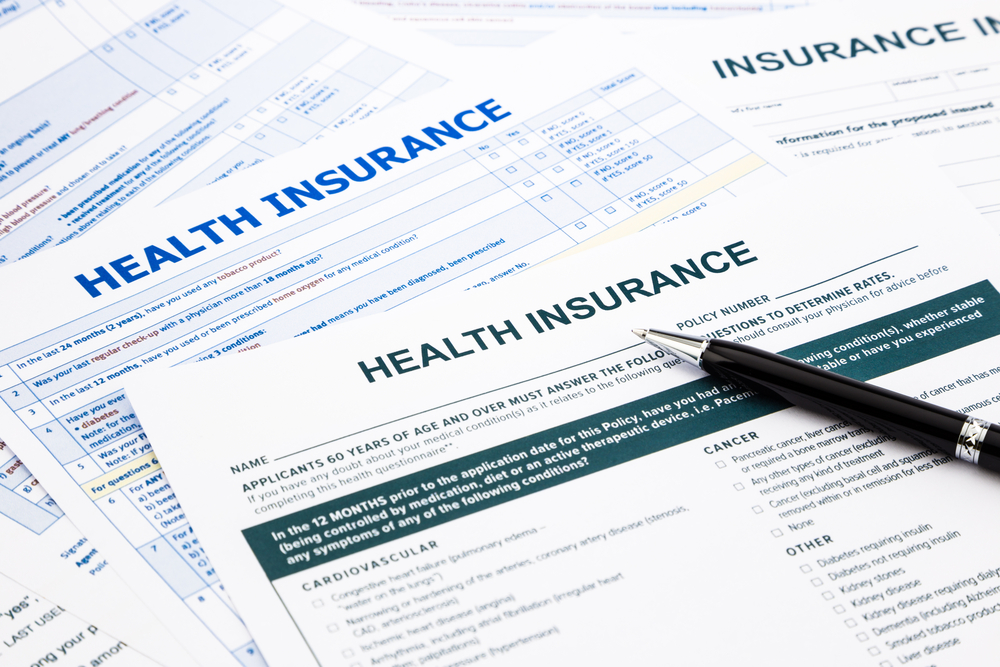The Ultimate Guide to Health Insurance Open Enrollment
What Happens if I Miss Open Enrollment?
As mentioned before throughout this guide, the end of the annual enrollment period is generally December 15. Several states, however, may extend this term. New York, for instance, will end the enrollment period at January 31.
If you happen to miss open enrollment, you can still get insurance, but you’ll need a reason to buy it. This is called a Special Enrollment Period (SEP). So if you moved, got married or divorced, had a new baby, changed jobs or are on the dreaded and expensive COBRA plan, then you qualify for SEP.
If you qualify for a SEP, you usually have up to 60 days following the event to enroll in a plan. If you miss that window, you have to wait until the next Open Enrollment Period to apply. Job-based plans must provide a special enrollment period of at least 30 days.
You can also purchase a Short Term Medical plan at any time as either a supplement to your current long-term medical plan or as your primary coverage.
What If I Don’t Get Insurance At All?
If you don’t get insurance at all, you will be subject to Obamacare taxes. If you fail to have coverage for nine months out of twelve, you could be taxed as much as 2.5% of your income.
Trust me when I say you want health insurance in some form. It may be costly, but you’ll be glad you have it when you need it most.
Recap
Open Enrollment is a yearly opportunity for you to get a better value. Your health needs might have changed over the past year, requiring you to get a different type of plan that’s a better fit for your lifestyle.
Even if you have insurance through your employer, you should shop around and look at your options to make sure you’re getting the best plan for you. And you should definitely shop around if you work for a small business because you’ll often get better coverage at a lower price if you buy your insurance on your own.









